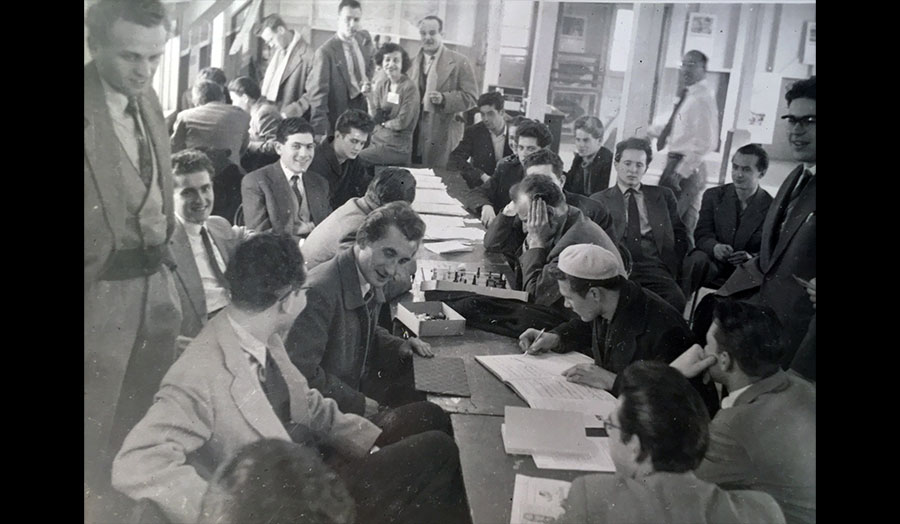During the nineteenth century, local officials sought to deal with their Irish pauper ‘problem’, as they viewed it, by removing these poor migrants back to Ireland under the laws of settlement and removal. New legislation in 1819 distinguished between paupers and vagrants or beggars, providing the levers of removal which so many local officials used with such alacrity to send the Irish ‘home’. Over the course of the nineteenth century, hundreds of thousands of Irish paupers were forcibly repatriated in this way. For much of the century, Irish immigrants had little chance of gaining a settlement in Britain, and even though their settlement rights gradually improved over time, removals to Ireland were still taking place into the twentieth century.
The system of removal was widely recognised as being cruel and unfair, especially in Ireland where the arrival of these poor paupers garnered considerable political and press attention. Much was made of the illegality of some removals; the authorities bridled at their inability to find satisfaction in appeals and challenges. Attention alighted on harsh removals which especially involved widowed women, children and the elderly. Sometimes, those who were sent back had no knowledge of the ‘auld country’. Such migrants had left Ireland as children, but then found themselves unable to seek support in Britain even after a life-time of work. In effect, in these cases, the paupers were sent back to an entirely alien land.
The fact of these thousands of removals raised serious questions of the fairness and equality of being Irish under the Act of Union. This paper will explore a vital social and political dimension of Irish immigration, poverty and pauperism in nineteenth century Britain; one which has many resonances with present-day arguments about immigration, the use of boats as sites of detention, and the demonisation and expulsion of people whose principal crimes poverty and bad luck.
Dr Lewis Darwen is a historian of poverty and social policy in eighteenth- and nineteenth-century Britain and Ireland. He is Research and Data Team Leader, Healthwatch, Lancashire, and honorary fellow of London Metropolitan University. He is the co-author, with Don MacRaild, of The Removal of Irish Paupers from Britain: 1819 to the Early Twentieth Century (Liverpool University Press, forthcoming December 2024).
Professor Don MacRaild is Pro-Vice Chancellor for Research and Knowledge Exchange at London Metropolitan University. He is a historian by training who has written or edited a dozen books on aspects of Irish, British, social and labour histories. He’s best known as a scholar of the Irish diaspora in Britain. Don also has significant experience of the UK funding landscape. He has been a peer reviewer for UK, Irish, South African, Canadian and US funding councils and has held major grants worth around £1m in value from the AHRC, ESRC and Leverhulme and others. Don also has 20 years of leadership experience in four universities in three countries, where he has been head of several departments and associate dean for research.

Presenters: Dr Lewis Darwen and Professor Don MacRaild
Wednesday 5 March 2025, 17:00 - 18:30
